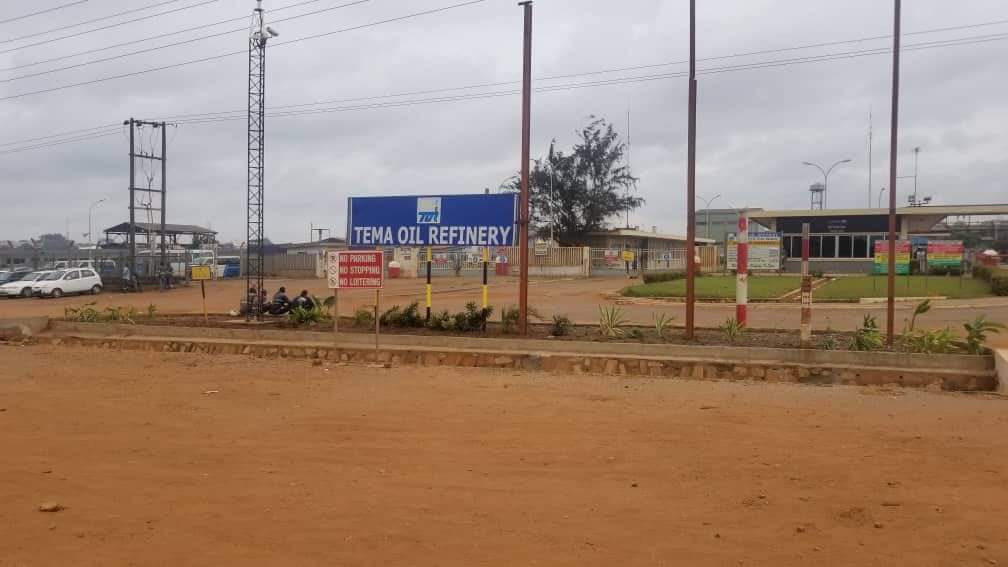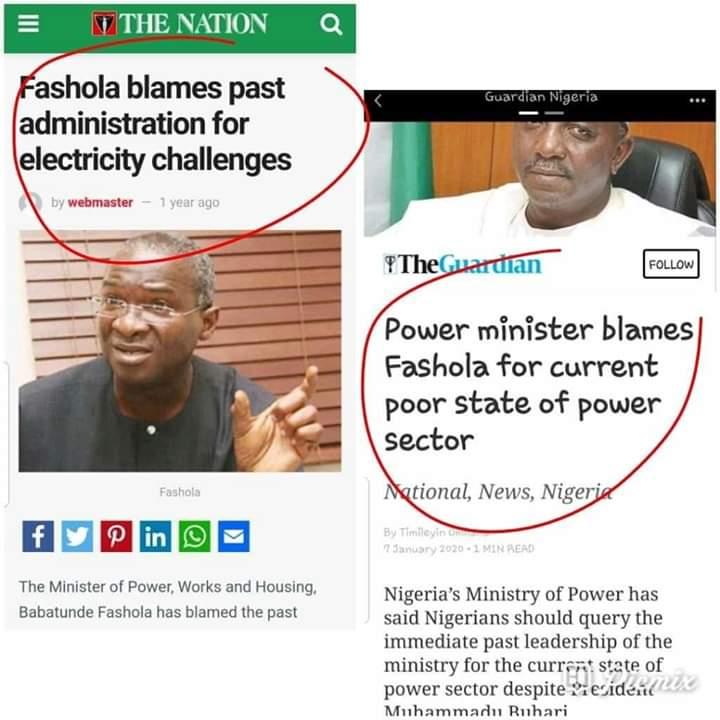The tumbling on Friday by more than three per cent after the Organisation of the Petroleum Exporting Countries (OPEC) noted that October output had reached another record of 33.64 million barrels per day, up 240,000 bpd from September, may yet be another source of worry for the federal government.
This is based on the fact that currently, the economy still hangs on the movement of global oil prices as diversification of the economy is still an analytical issue rather than reality.
Already, the economy had recorded negative growth rate in its Gross Domestic Product in two consecutive quarters. This is reflected in drastic drop in income, employment, manufacturing and retail sales.
Experts say the dropping oil prices coupled with the renewed militancy in the Niger Delta remain sources of concern for the oil dependent economy.
Crude futures have wiped out gains made since the end of September when OPEC said it would agree to cut oil production to shore up persistently low prices.
In a report on Friday, facts emerged that while investors had been skeptical that a deal to cut or freeze oil output levels would be reached at an OPEC meeting on November 30, an increasing amount of data had underscored a global skew towards oversupply.
Besides, the latest data shows that OPEC would have to trim up to a million barrels per day of output to make good on its promise to reduce production to between 32.50 million bpd and 33.0 million bpd.
A report by Financial Times said Royal Dutch Shell, ExxonMobil, Eni, Chevron and Total had signed deals relating to the settlement of costs incurred between 2010 and 2015, as they also sought to forge new financing arrangements for their joint ventures in Nigeria.
The settlement, which would be a haircut on the over $6bn the oil majors claimed they were owed by Nigeria, would need the approval of two government bodies and the final sign-off from President Muhammadu Buhari, the report added.
Currently, international Brent crude futures traded at $44.34 per barrel on Friday, down $1.50, or 3.27 per cent, its lowest since August, while the US West Texas Intermediate futures CLc1 were down by $1.51, or 3.4 per cent, to $43.14 per barrel.
The International Energy Agency has said the supply overhang could run into a third year in 2017, should OPEC fail to act.








